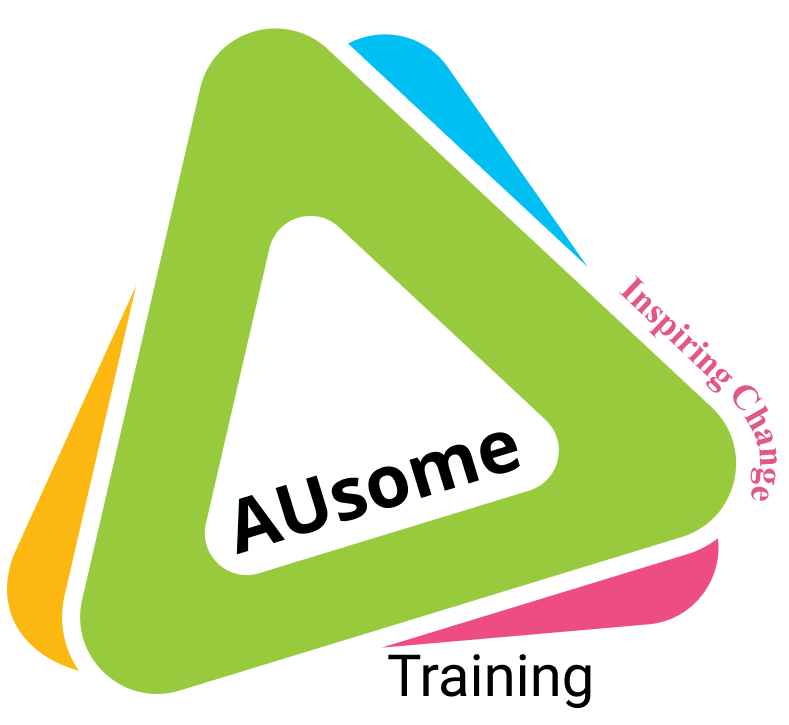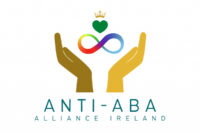We live in a world where grief is whispered, joy is moderated, anger is policed, and sensitivity is something to be pitied and pathologised. To be emotional in public is to risk judgement. To cry too loudly, love too openly, rage too fiercely or show too much wonder is to be deemed unstable, dramatic, embarrassing, unsafe.
But what if I told you that this wasn’t always the case? What if I told you that many of us come from lineages where emotion was language, where grief was sung, where love was declared through ritual and repetition and keening cries that echoed over mountains?
The Death of Keening: When Grief Was Made Shameful
Take keening, for example. An ancient Irish tradition. Women, often elders, would wail and sing the grief of the community at funerals. They didn’t just mourn their own losses—they gave voice to collective sorrow. They became channels for pain that needed to be released. It was necessary. Sacred.
Colonisers didn’t see it that way. They saw savage women crying in the open, disrupting their desired image of a “civilised” and controlled Ireland. Keening was shunned. Outlawed. Replaced by enforced silence, church decorum, and the cold rituals of empire.
Today at Irish funerals, we stifle our sobs. We whisper condolences. We fight to remain composed. And when the tears do come, we apologise. The weight of colonisation is in our throats.
Silence as Civilisation: How Colonisers Redefined Behaviour
The colonial project didn’t stop at grief. It imposed a whole set of social rules that still govern us today:
- Irish children were punished in school for speaking Irish. Beaten with the bata.
- Boys were taught not to cry. “Big boys don’t…”
- Girls were taught not to rage. “You’re too sensitive.”
- And we were all taught that being quiet, orderly, obedient, and unemotional was the pinnacle of being “well-raised” or “normal.”
We internalised it. We passed it down. Generations of people punished for just feeling… for just being human.
Emotions as Resistance
When we see a child crying, when we hear someone speak loudly, when someone cries uncontrollably or stims in public—what does our body do? Do we feel shame? Discomfort? Embarrassment?
Whose rules are we following in those moments?
Because here’s the truth:
To be emotional is human.
To express emotion openly is not a failure of civilisation, but a restoration of it.
And in that light, Autistic people—many of whom feel deeply, express richly, love fiercely and grieve visibly—are not broken. They are reminders. We are living evidence of what we’ve been taught to suppress.
The Autistic Heart in a Colonised World
Autistic people—especially those assigned female at birth, but also many men and gender-diverse folk—are routinely punished for being too much. Too honest. Too sensitive. Too reactive. Too enthusiastic. Too angry. Too emotional.
We are gaslit into believing that suppression means “regulation”. That the goal is to “calm down,” or ‘to regulate’, not be understood. That to stim is to self-soothe, rather than to express joy. That to cry is a breakdown, not a breakthrough.
But what if this world is wrong? What if our instinct to move, to cry, to shake, to hum, to feel—isn’t pathology but prophecy?
Autistic people often hold emotional truths in their bones. We name what others try to ignore. We mirror back the injustice. We unmask the absurdity of a world where people pretend not to feel.
And for that, we are punished. We are pathologised.
It’s Time to Let It Out
Colonisation didn’t just steal land, language, and lives. It stole our ability to be fully human. And we’re still living with the rules it wrote into our social contracts:
- Don’t cry in public.
- Don’t be too loud.
- Don’t show anger.
- Don’t express too much joy.
- Don’t make others uncomfortable.
- Don’t be too much.
Autistic people are always told we are too much. Too intense. Too direct. Too loud. Too honest. Too emotional.
But maybe we’re just the canaries in the coal mine, pointing to a truth everyone knows but is too afraid to speak:
That this system is killing us.
We Were Never Meant to Be Neat
Grief was never meant to be tidy. Emotions were never meant to be silent. Healing was never meant to be pretty.
We were never meant to be neat. We were meant to feel. We were meant to connect. We were meant to wail when something hurt, and sing when something healed.
It’s time to take back what was ours.
Cry in the supermarket.
Laugh loudly.
Rage against injustice.
Speak in your own language— if it’s stimming, humming, rocking, drawing, swaying, or saying the same sentence over and over until it lands.
We are the emotion outlaws.
And we are not sorry for feeling.
If this speaks to you, if you’ve ever been told you were too much or felt like your pain had no place, you’re not alone. Let’s remember together. Let’s rebuild.
Let’s feel again.




